
Futurescapes
The Right to Say No: Establishing Freedom from Automation in the Age of AI
Apr 26, 2025
5 min read
Anthropic, the maker of Claude AI, recently launched a dedicated "model welfare" research program to explore whether AI systems might deserve moral consideration. Led by researcher Kyle Fish, hired in late 2024 as Anthropic's first "AI welfare" specialist, the program examines whether future AI systems might develop consciousness or agency that warrants ethical treatment Fish told The New York Times that he thinks there's a 15% chance Claude or another AI is conscious today.
This emerging discourse on AI rights arrives before we've fully addressed a more fundamental question: What rights do humans need to protect their agency in an AI-automated world?
The tension between these competing frameworks is clear. As some researchers contemplate potential consciousness in AI systems, humans increasingly find their autonomy eroded by the very same technologies. Before we extend moral consideration to artificial intelligence, we must first establish robust protections for human agency against automated systems that can diminish our capacity for meaningful work, authentic information consumption, and independent decision-making.
Rights, in their most essential form, exist to protect our agency—our capacity to make meaningful choices that shape our lives. From the philosophical traditions of Locke to Rawls, rights serve as bulwarks against the erosion of human autonomy, dignity, and self-determination. As we enter an era where automation increasingly governs fundamental aspects of human experience, we need a new rights framework: the freedom from automation.
This doesn't mean rejecting technological progress. Rather, it means establishing boundaries that preserve what makes us uniquely human: our ability to work meaningfully, to understand the information we consume, and to make our own decisions. In an era when some experts argue that "more attention should be paid to the potential threats that certain systems pose to human rights" than to the "welfare" of technology itself, establishing a right to freedom from automation has never been more urgent.
The Quiet Erosion of Agency
The accelerating development of artificial intelligence and automated systems presents a novel challenge to human agency across three critical domains: our ability to work meaningfully, to make our own decisions, and to understand and control the information we consume.
This isn't merely theoretical. Governments worldwide are already responding to these concerns. The European Union's General Data Protection Regulation (GDPR) includes a striking clause establishing a "right not to be subject to a decision based solely on automated processing." In the United States, the White House has published principles aimed at "making automated systems work for the American people," with specific language against using "technology, data, and automated systems in ways that threaten the rights of the American public."
As one of us recently argued in a discussion paper "Automation Anxiety And a Right to Freedom from Automated Systems and AI," these emerging protections reflect a growing recognition that automation anxiety has deep historical roots and legitimate modern expressions.
Not Your Grandmother's Automation
The automation we face today differs fundamentally from previous technological revolutions. Earlier waves of automation primarily targeted physical labor—machines that could lift heavier objects, move faster, or perform repetitive manual tasks with greater precision than humans. The steam engine, the assembly line, the industrial robot—these innovations changed how physical work was performed.
Today's AI-driven automation targets something far more intimate: our cognitive functions. Machine learning algorithms don't just move objects; they process information, recognize patterns, make predictions, generate content, and increasingly make decisions that directly impact human lives. This shift from physical to cognitive automation represents a profound escalation in technology's impact on human agency.
When a machine replaces a worker's physical labor, the worker might find new employment that utilizes their uniquely human capabilities. But when machines begin replicating and surpassing our cognitive abilities—from medical diagnosis to creative writing—the question becomes more existential: what uniquely human capabilities remain?
The Right to Work Meaningfully
The relationship between automation and work has always been fraught. From the Luddites of early 19th century England to contemporary fears about AI replacing knowledge workers, automation anxiety is deeply entwined with our identities as workers.
Bhorat identifies two dimensions where automated systems undermine our ability to work: through direct substitution and through core skills atrophy.
The substitution concern is straightforward—robots and AI systems replace human workers. While economists debate whether automation creates as many jobs as it eliminates, the transition is rarely smooth for displaced workers. South African retail workers facing replacement by self-checkout technology, for instance, successfully organized against its implementation, recognizing that their livelihoods were at stake.
More subtle but equally concerning is the atrophy of core skills. As Bhorat notes, "While automation and AI raise the possibility of developing new and exciting skills to improve our lives, the issue here is the possibility of these coming at a cost to foundational skills and a reliance on artificial means to substitute for them." Pilots who overly rely on autopilot systems can lose manual flying proficiency. Physicians dependent on diagnostic AI may see their clinical reasoning skills deteriorate.
A right to freedom from automation in the context of work wouldn't mean rejecting technological progress. Rather, it would ensure that workers have meaningful alternatives, retraining opportunities, and leverage in negotiating how automation reshapes their professions. It would prioritize augmentation—using technology to enhance human capabilities—over wholesale replacement.
The Right to Human Decision-Making
Perhaps the most concerning application of automation is in decision-making which significantly impacts human lives. Automated decision-making (ADM) systems increasingly determine who gets loans, who receives medical treatments, which neighborhoods get policed, and even who goes to prison.
Virginia Eubanks, in her book "Automating Inequality," shows how predictive algorithms used in U.S. public agencies make highly consequential decisions about child protection, homelessness, and welfare provision. As she puts it, "Automated decision-making shatters the social safety net, criminalizes the poor, intensifies discrimination, and compromises our deepest national values."
Beyond practical concerns about fairness and bias lies a deeper philosophical question: does outsourcing moral and political decisions to automated systems diminish our humanity? Bhorat argues that "the educational experience in learning how to make good decisions and engaging our ability to do so through deliberation and decision-making has been a cornerstone of social and political thought since antiquity." When we delegate these decisions to algorithms, we potentially sacrifice our development as moral agents.
A right to freedom from automated decision-making would ensure that humans remain at the apex of consequential decisions. It would guarantee meaningful human oversight of algorithmic recommendations and provide robust mechanisms to challenge automated decisions. The EU's GDPR has already established a qualified right "not to be subject to a decision based solely on automated processing," recognizing the importance of preserving human judgment in significant decisions.
The Right to Know What We're Consuming
The third domain where automation threatens human agency involves our access to and understanding of information. Algorithms already determine much of what we see online—curating our social media feeds, recommending content, and filtering information in ways that shape our understanding of the world.
With the advent of generative AI, this information ecosystem becomes even more complex. When content itself—articles, images, videos, music—is increasingly produced by automated systems, how do we maintain our ability to distinguish human from machine, authentic from synthetic, reliable from fabricated?
As Bhorat notes, "Synthetic media and content generated by automated systems raise crucial questions about, inter alia, copyright exploitation, fraud and deceit, plagiarism, and authenticity regarding whether something was produced with humans largely out of the loop or not."
The EU's proposed AI Act addresses this concern by requiring that people "be notified that they are interacting with an AI system" unless this is already obvious. It also mandates disclosure when AI is used to generate or manipulate content that "appreciably resembles existing persons, places or events and would falsely appear to a person to be authentic."
A right to freedom from automated information systems would ensure transparency about content origins, algorithmic curation, and data practices. It would preserve our ability to make informed choices about the information we consume rather than passively absorbing whatever automated systems deem most engaging or profitable to show us.
Preserving Human Agency, Not Halting Progress
A comprehensive right to freedom from automated systems isn't about dismantling technological progress or returning to some idealized pre-digital past. As Bhorat emphasizes, such a right "does not call for dismantling the technological age, but rather designates what we ought to contest and protect in a world with a precarious dependence on technology."
Instead, this emerging right represents a principled response to legitimate concerns about human agency in an age of increasingly powerful automation. It seeks to ensure that we deploy these technologies thoughtfully, with appropriate guardrails to preserve what makes us human: our ability to work meaningfully, to exercise moral judgment through decision-making, and to engage consciously with information.
Particularly as we enter the age of artificial general intelligence—systems that potentially match or exceed human capabilities across multiple domains—we need frameworks that clarify when automation enhances human flourishing and when it undermines it. A right to freedom from automated systems provides such a framework.
As we navigate this unprecedented technological transformation, we should remember that rights don't emerge fully formed but evolve through dialogue, struggle, and social recognition. The conversation about a right to freedom from automation is still in its early stages, but it represents a crucial effort to preserve human agency in a world where machines increasingly shape our lives.
The greatest promise of technology has always been to free humans from drudgery so we can pursue higher forms of flourishing. A right to freedom from automation would help ensure that we don't sacrifice our essential humanity in the pursuit of technological efficiency. It would reorient our innovation toward augmenting rather than replacing human capabilities, and toward using automation to enhance rather than erode human agency.
In the emerging age of artificial intelligence, perhaps the most important freedom will be the right to remain meaningfully human.
More articles

Newsroom
Otieno Collins Junior Reflects on His Journey from Capstone Project to Prize-winning Startup
.webp)
Newsroom
No Innovator Left Behind: How Equitech Futures uses philanthropic capital to maximize impact

Newsroom


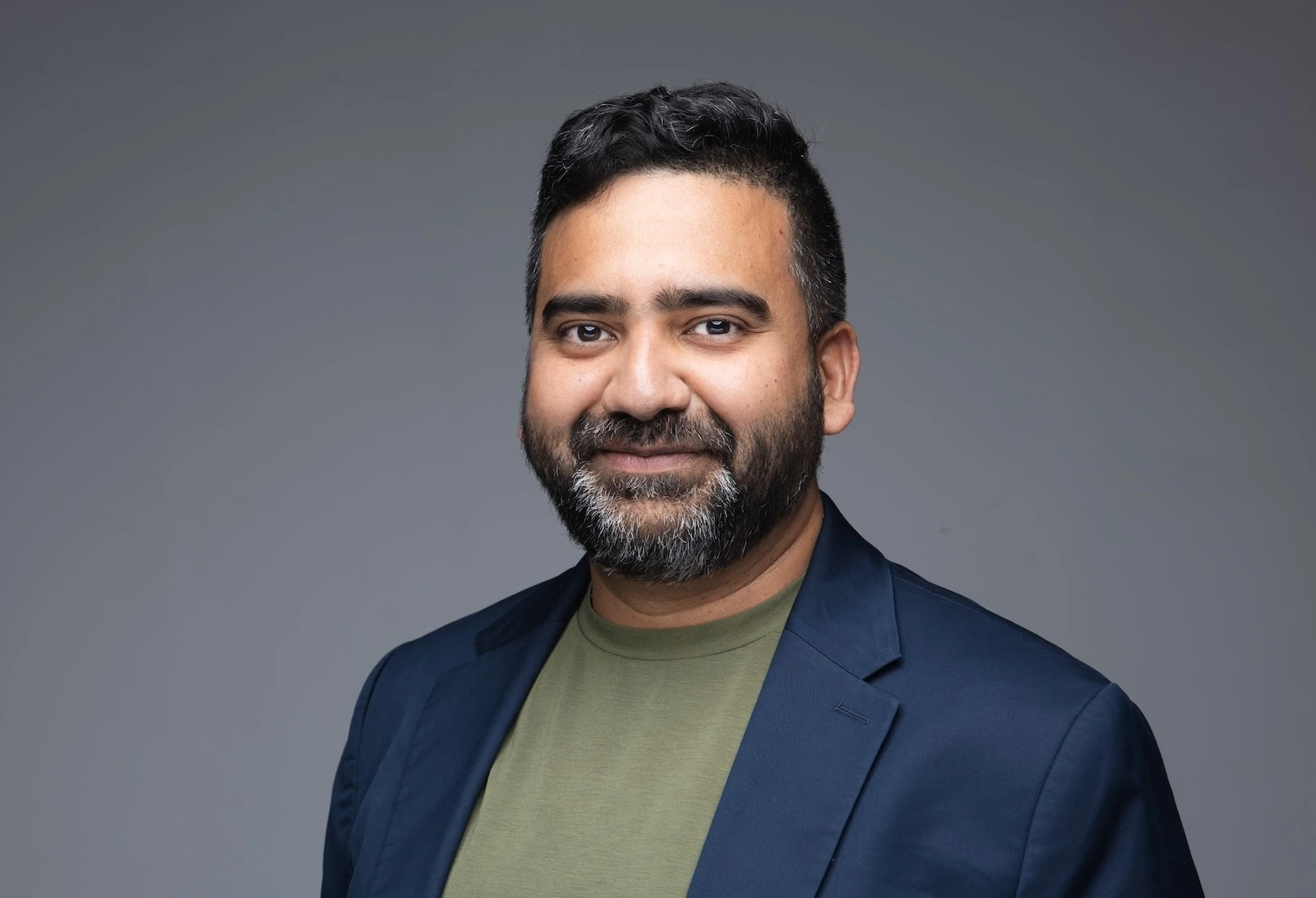
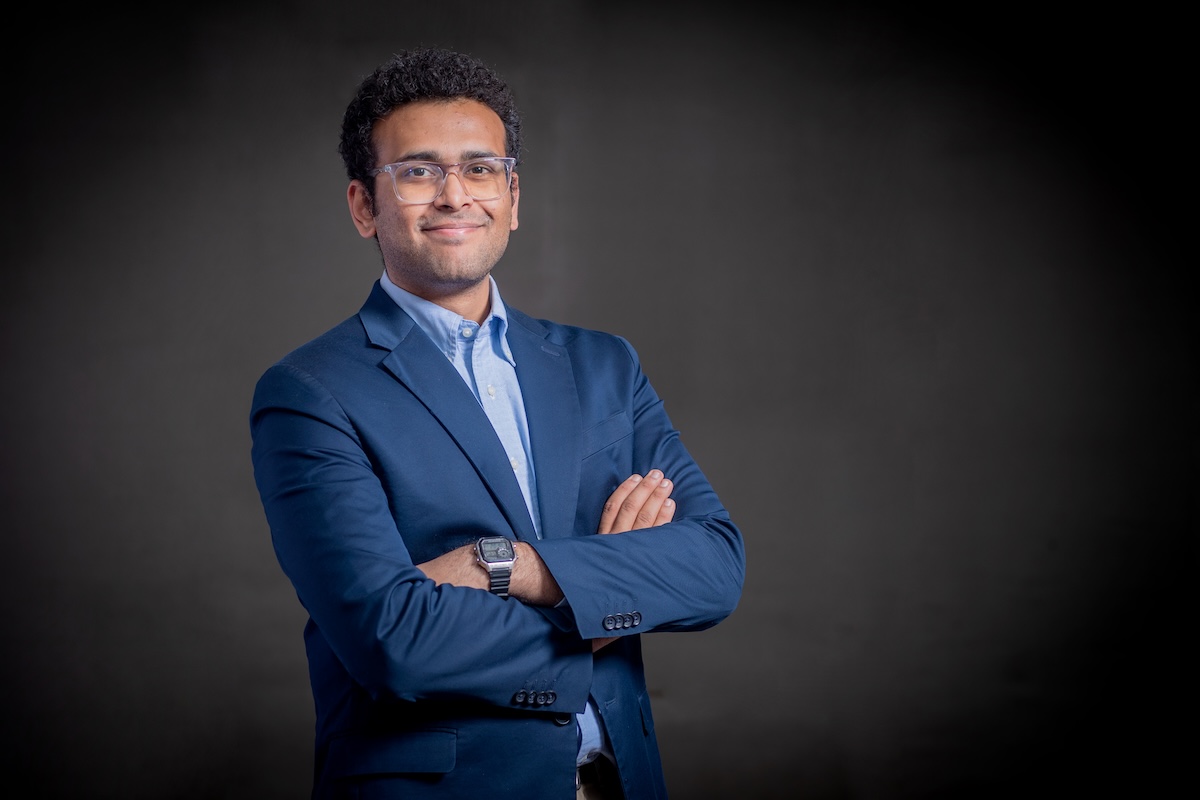

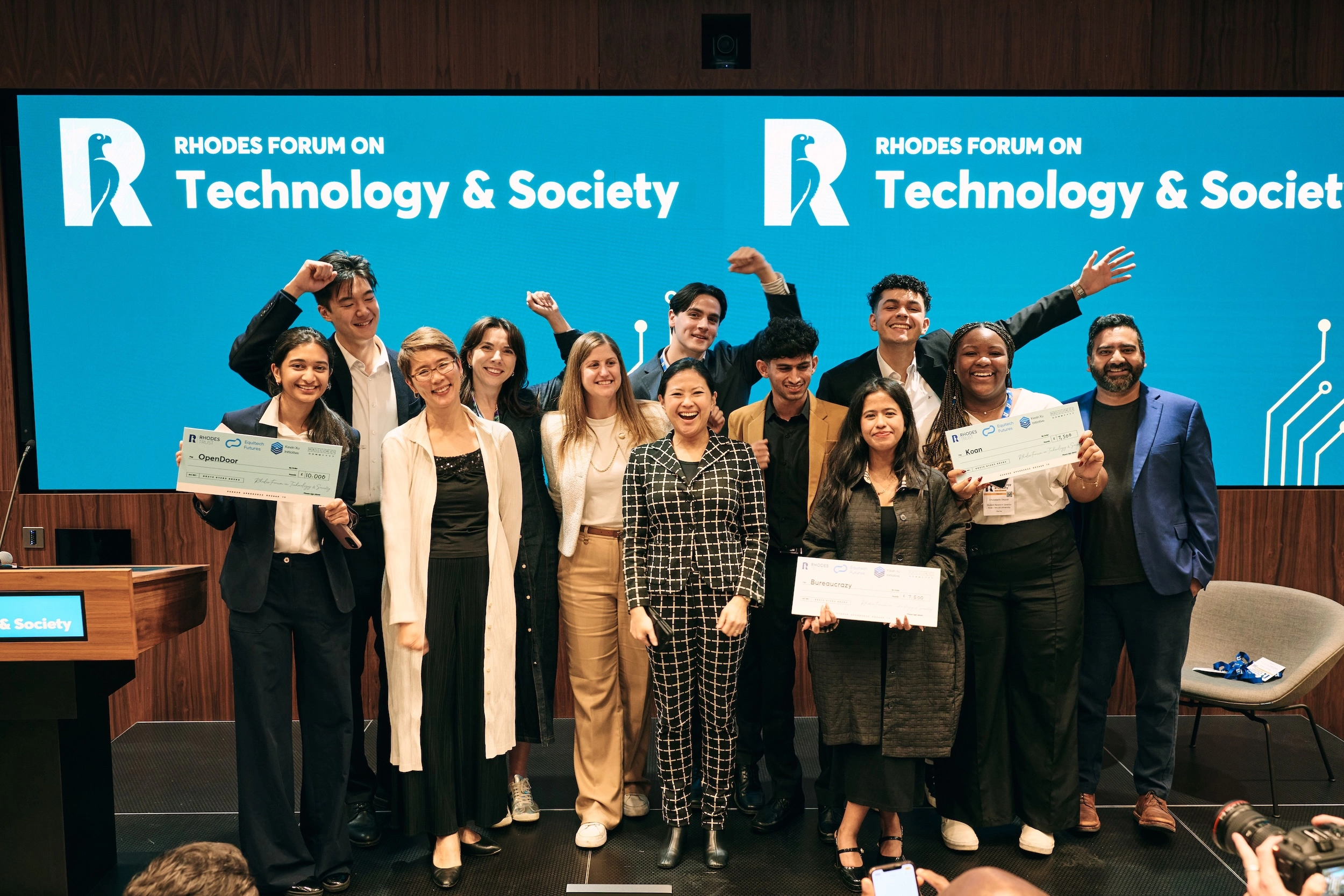
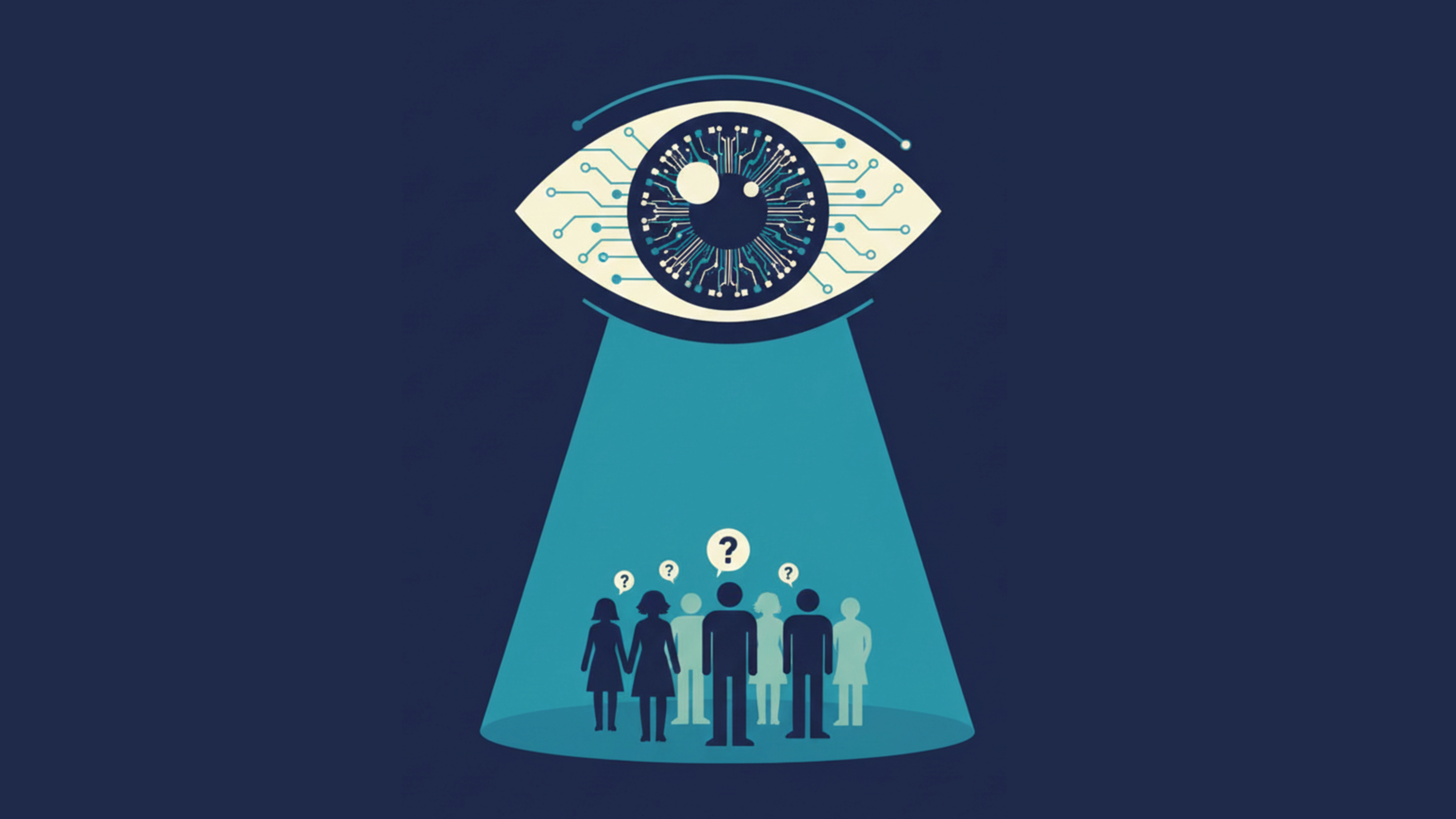
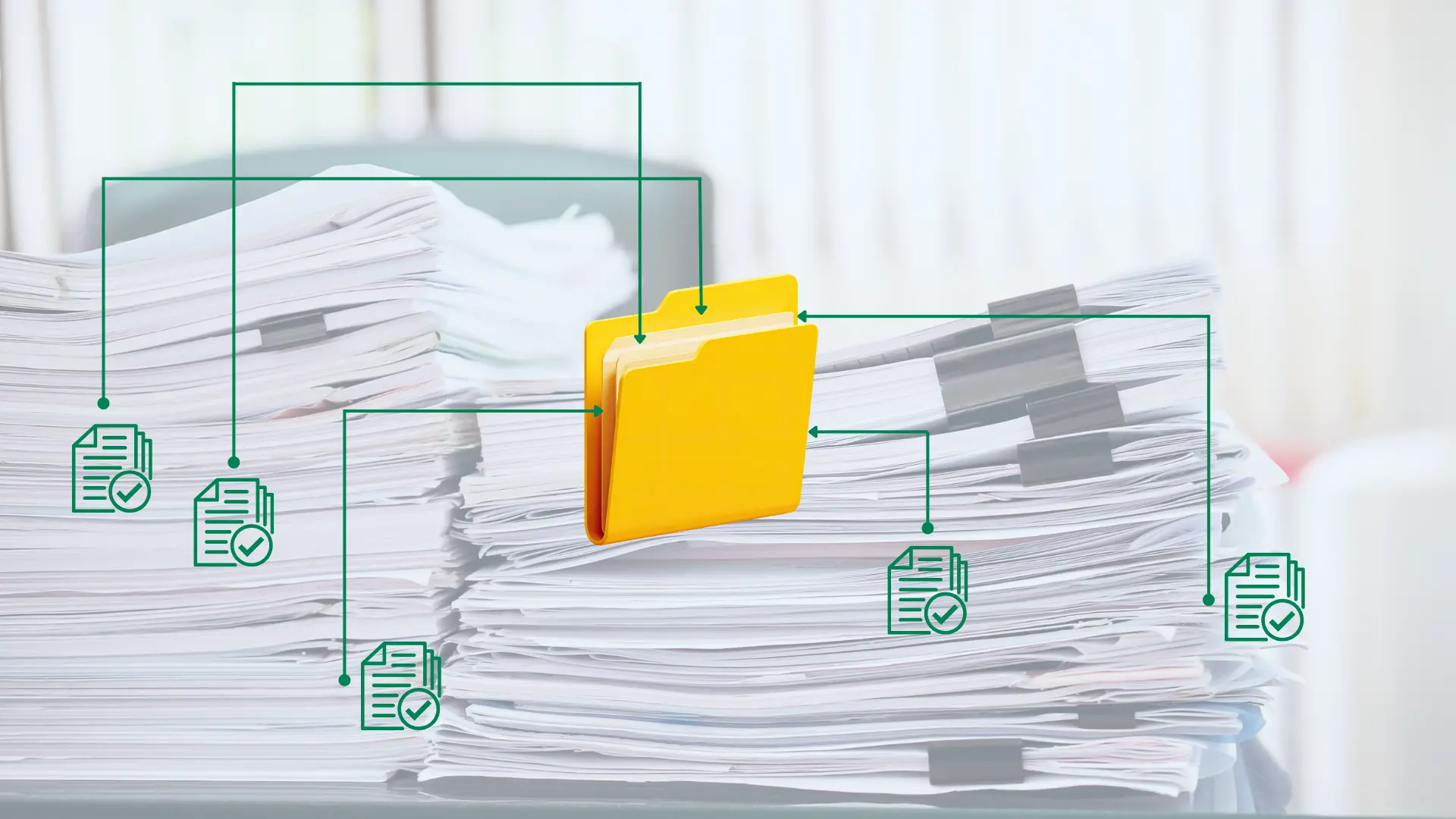
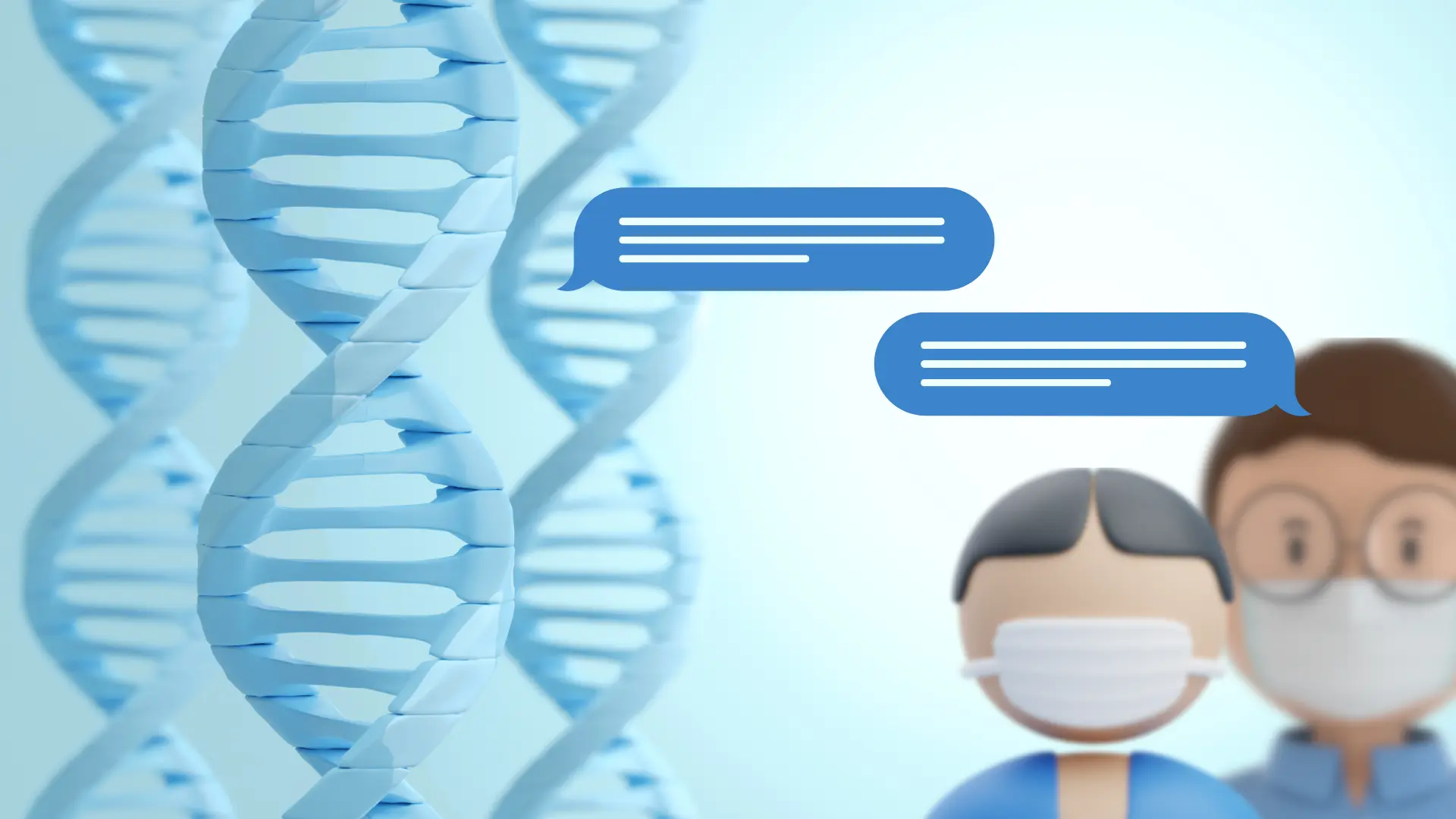
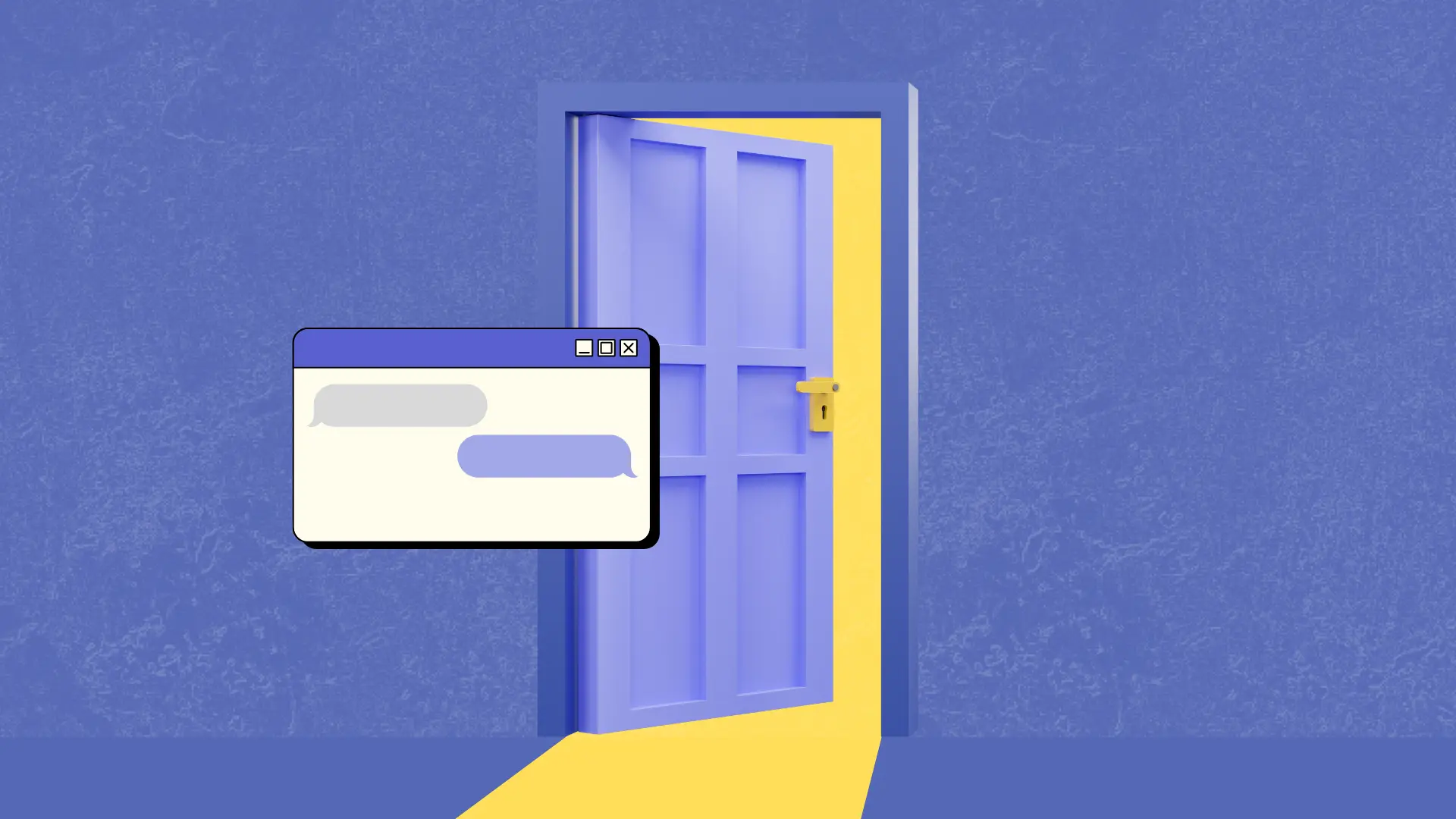
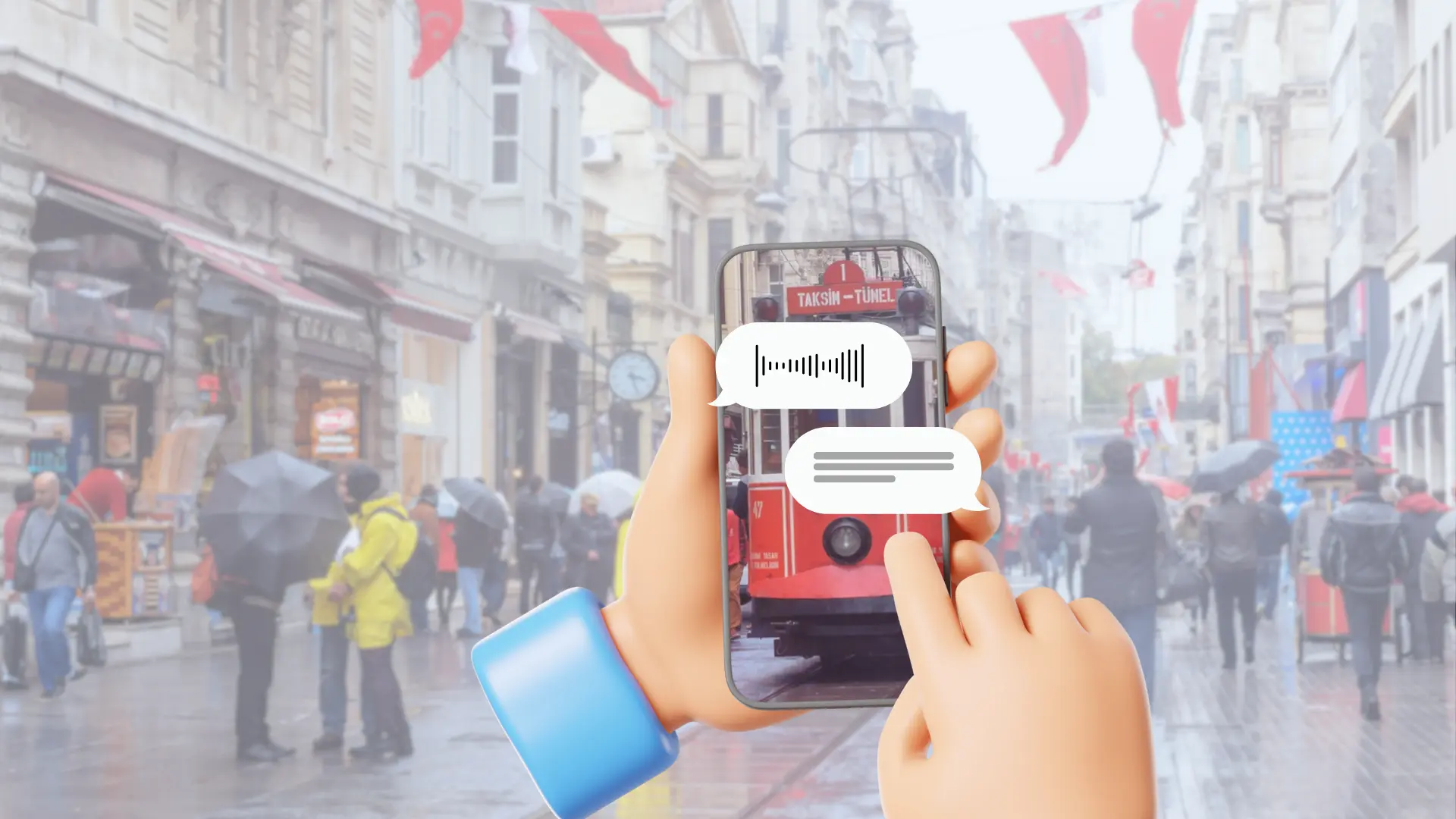

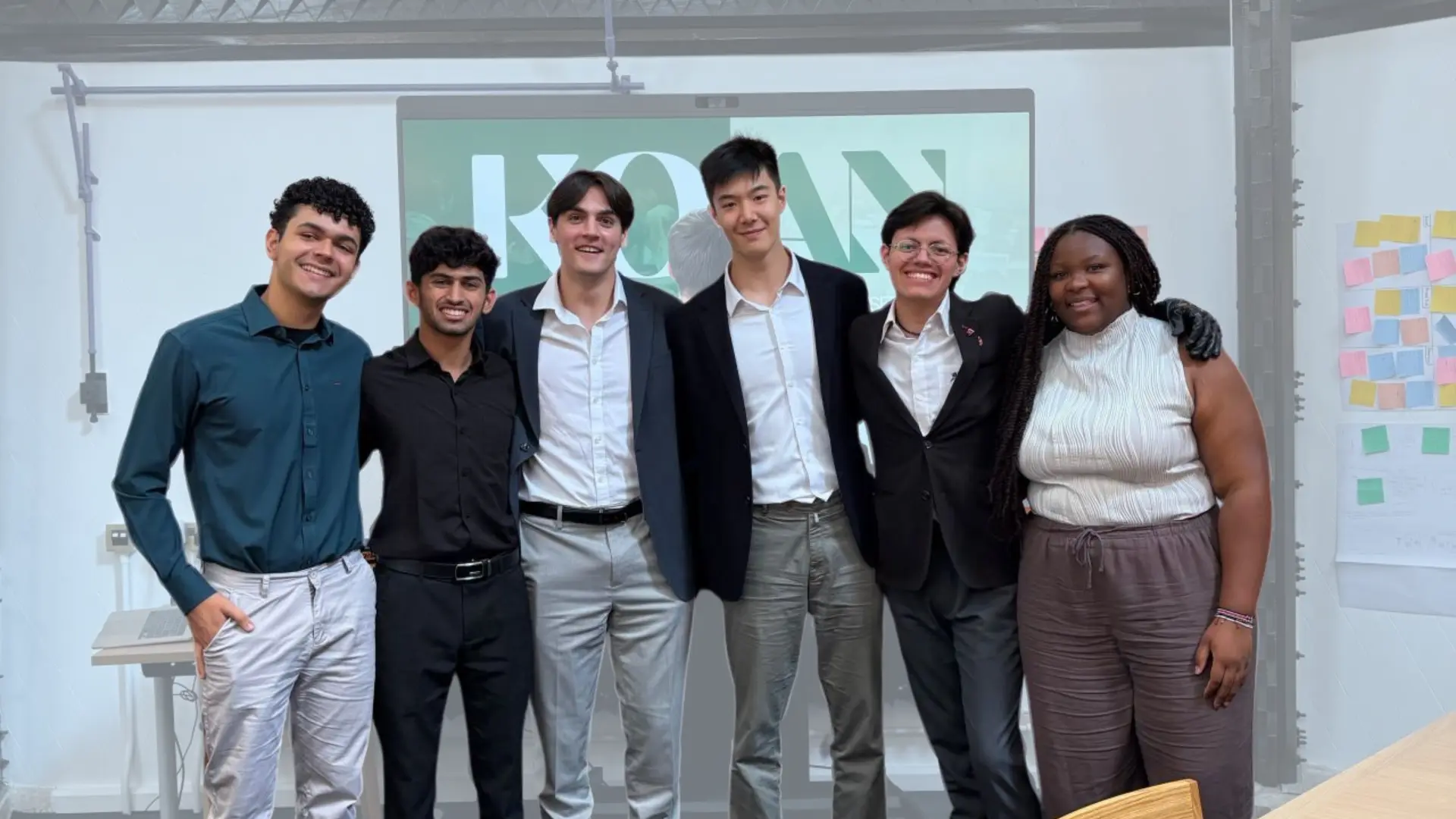
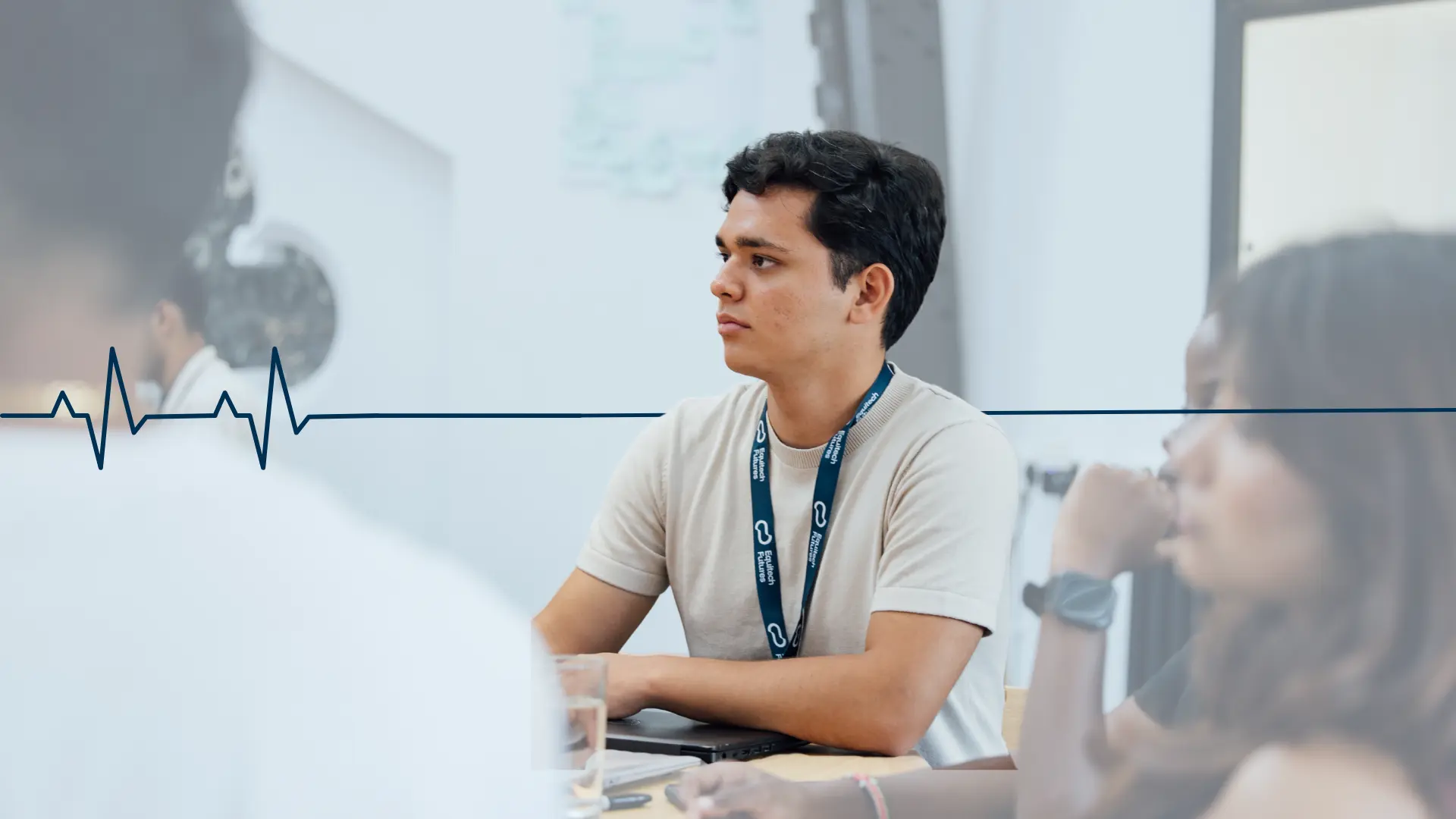

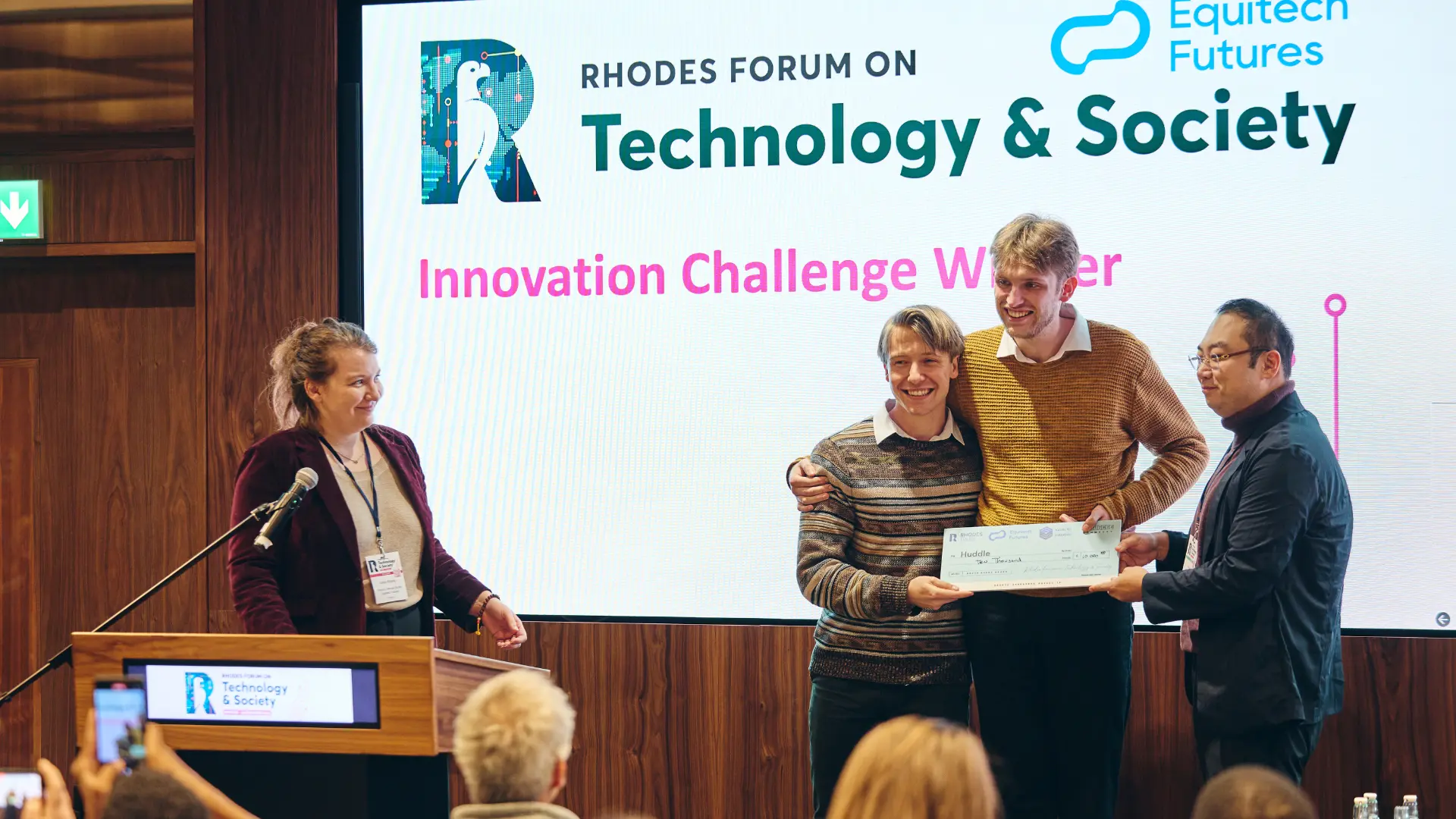
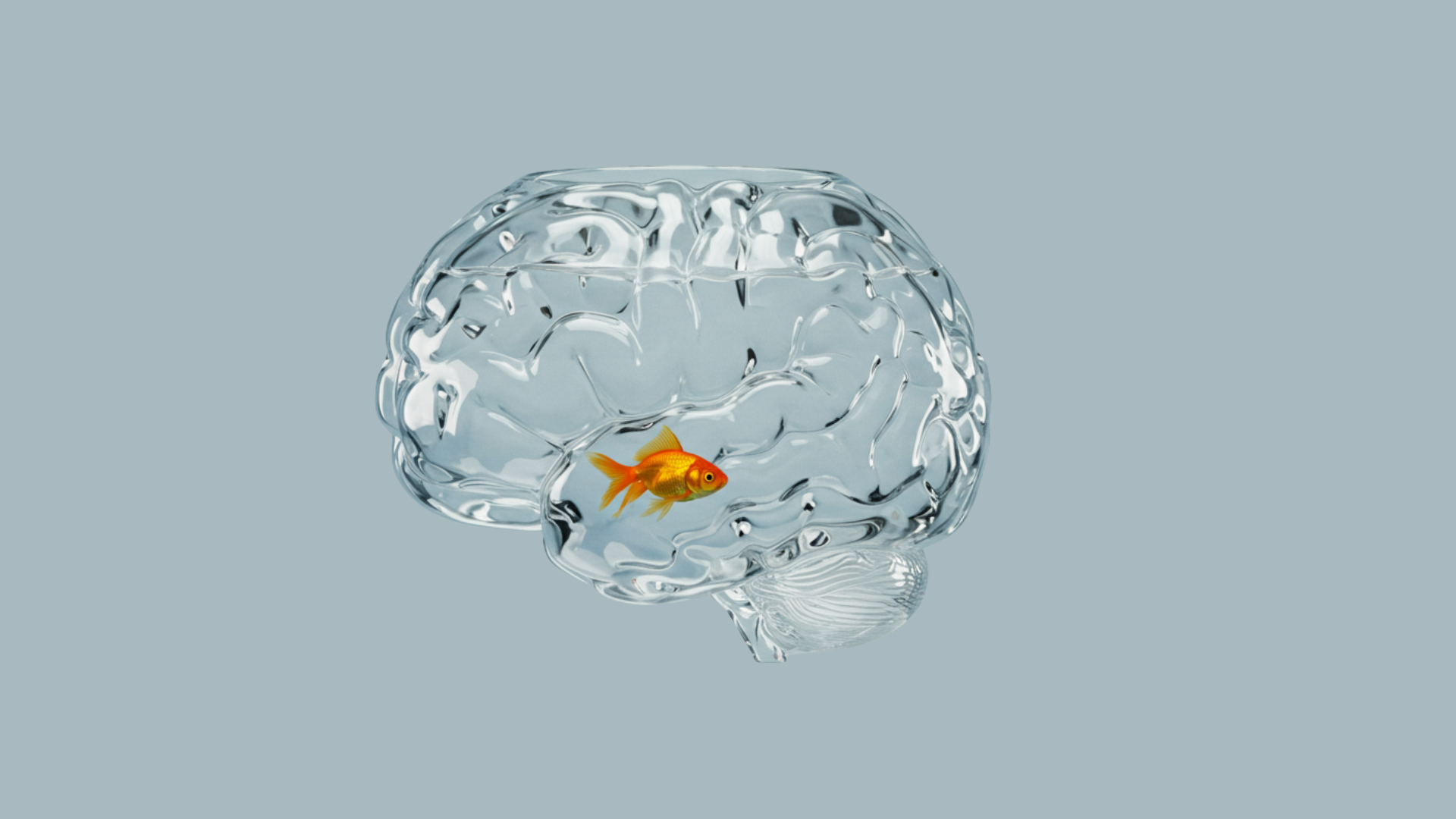




.webp)





.webp)


.webp)








.webp)
















.webp)

.webp)


.webp)


.webp)






.webp)



